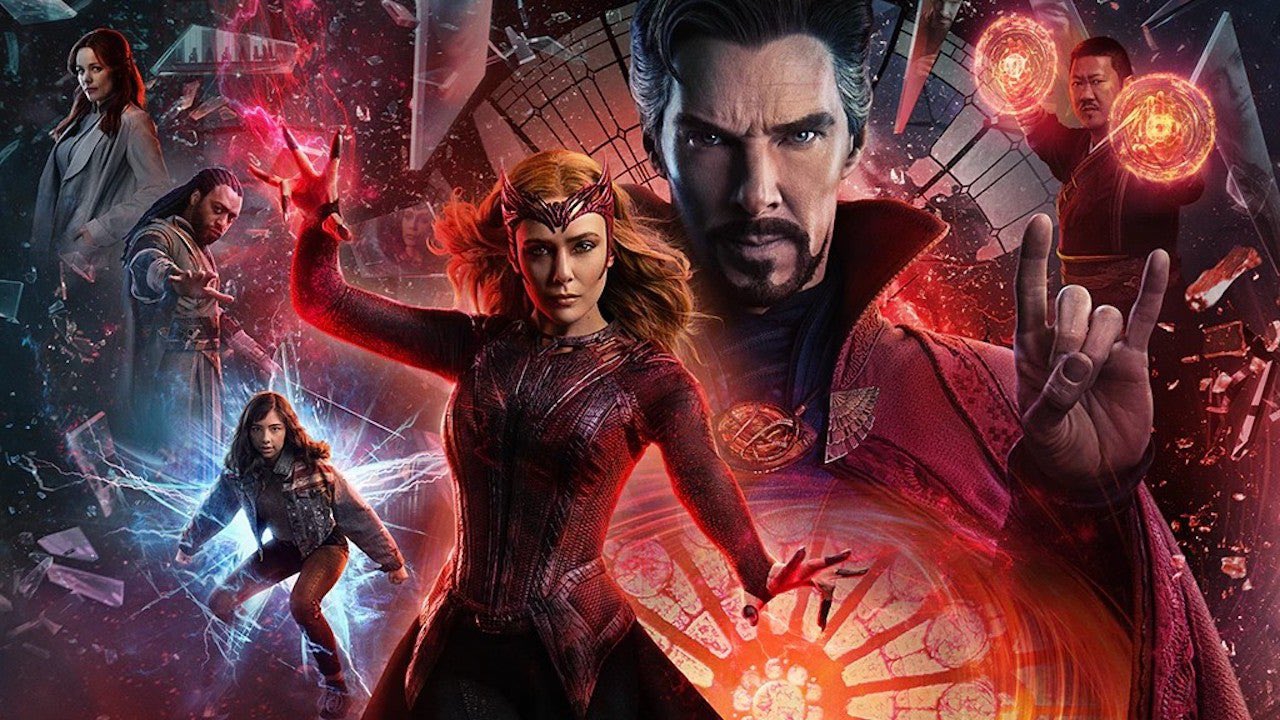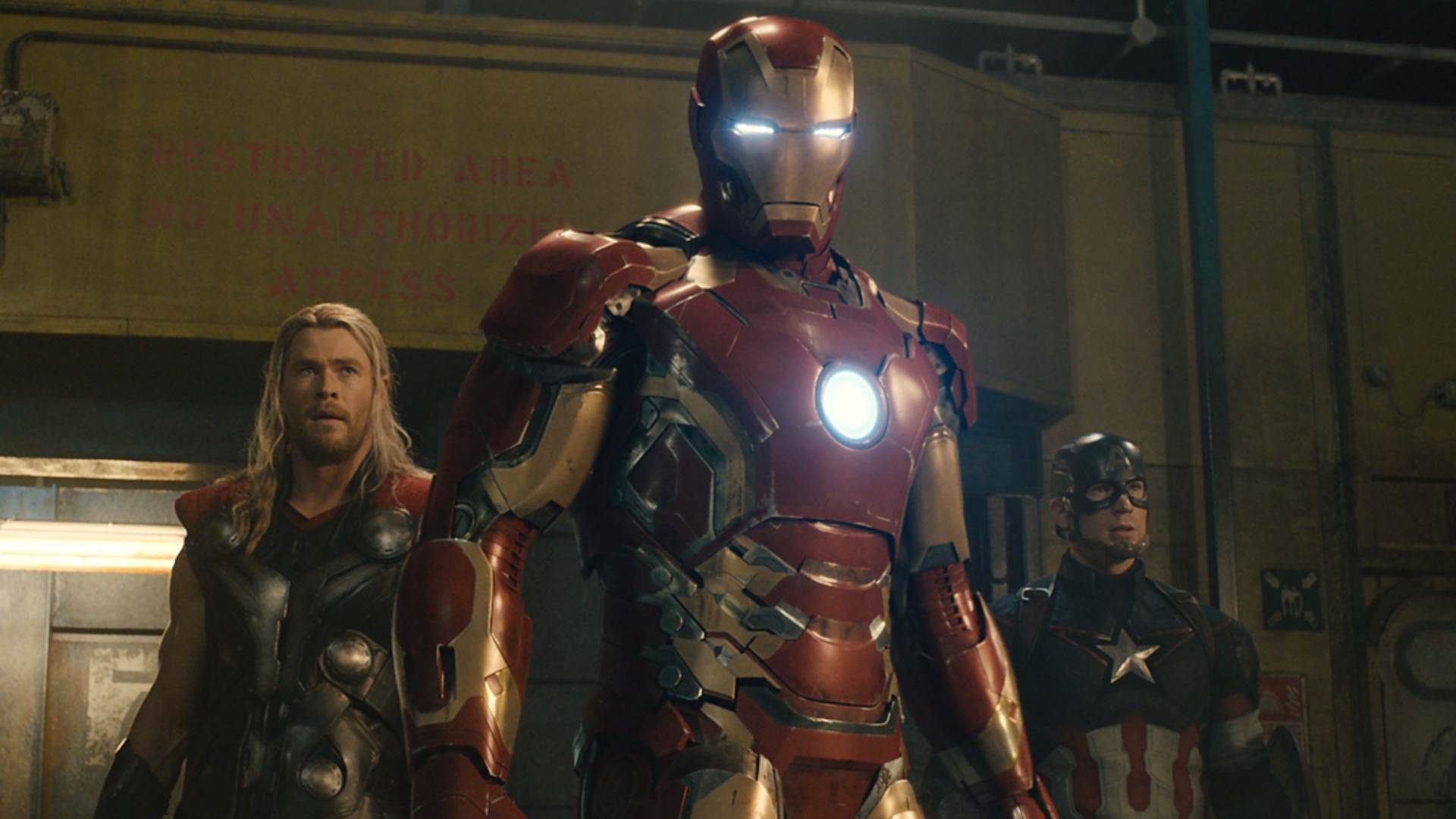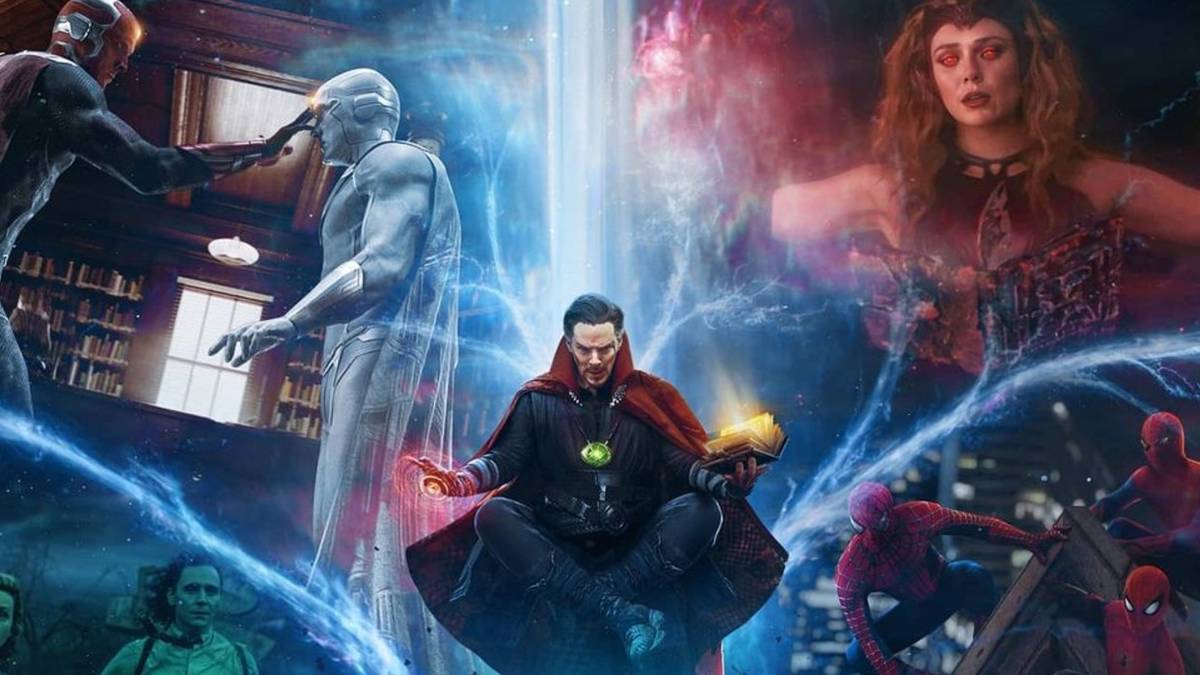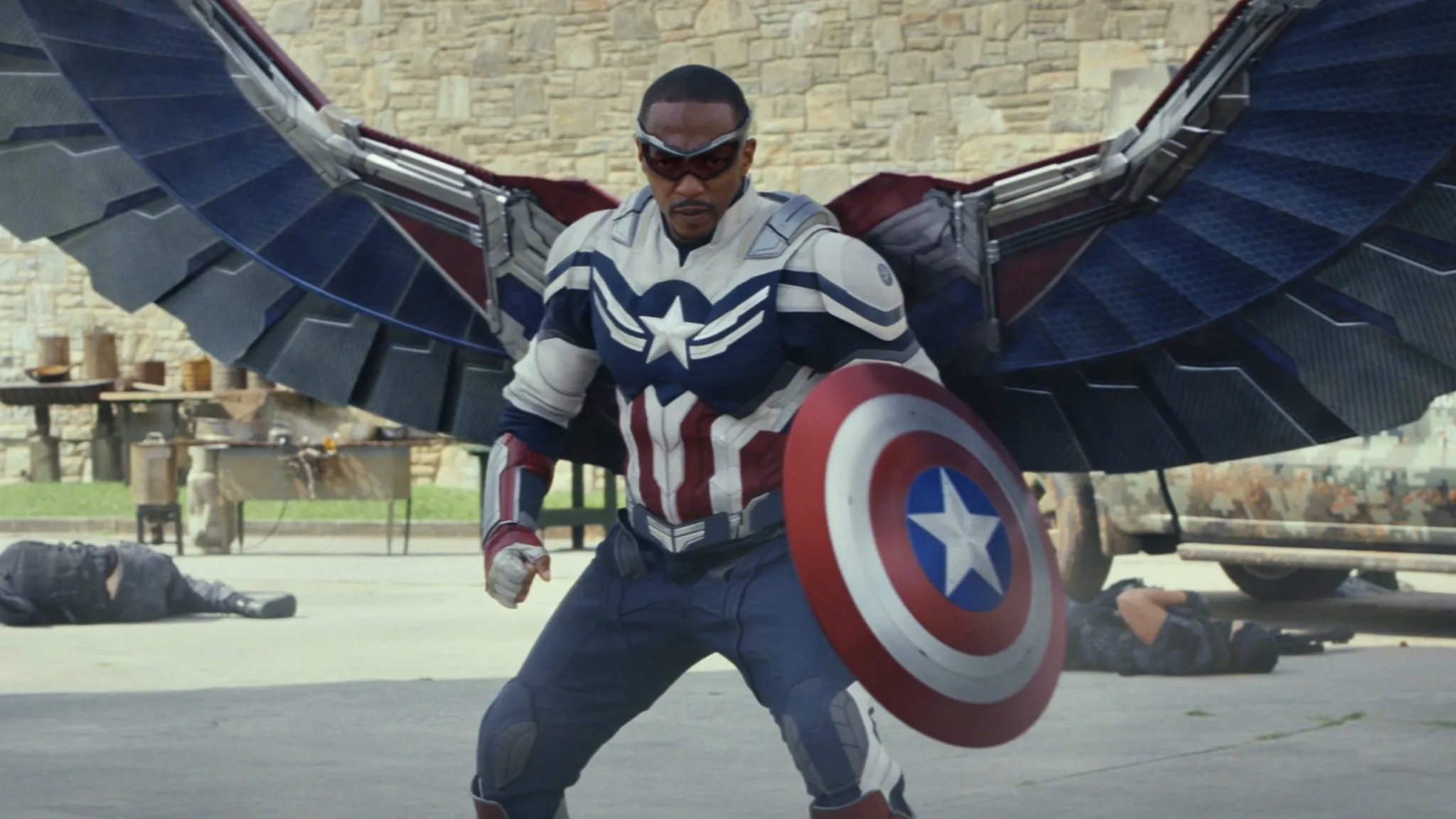Seventeen years ago, when Iron Man (2008) launched the Marvel Cinematic Universe (MCU), few could have predicted that Tony Stark’s arc reactor would power an empire spanning six phases, more than twenty heroes, and a global fandom. What began as a gamble on a relatively obscure comic book character evolved into the highest-grossing franchise in cinematic history—an interconnected saga unlike anything audiences had ever seen.
Now, entering its sixth phase with a new generation of characters rising and the multiverse teetering on the brink of collapse, the MCU faces a creative crossroads. The franchise that once defined an era must confront its greatest challenge yet: the possibility of starting over. What if this sprawling universe—so meticulously built over seventeen years—suddenly rebooted?
The Marvel Cinematic Universe So Far: A Phase-by-Phase Snapshot
Marvel Studios began its cinematic journey in 2008 with Phase 1, introducing audiences to now-iconic characters like Iron Man, Thor, and Captain America. This phase culminated in the groundbreaking The Avengers (2012), which brought these heroes together for the first time. The film’s success proved the power of interconnected storytelling and set the stage for the expansive universe that would follow.
Building on the first Avengers’ triumph, Phase 2 (2013–2015) expanded the MCU with new faces like the Guardians of the Galaxy and explored the aftermath of the Battle of New York. Sequels such as Iron Man 3 and Thor: The Dark World delved into the personal consequences for the heroes, while Avengers: Age of Ultron introduced a major new threat in the villainous AI, Ultron. The phase concluded with Ant-Man, and collectively, Phase 2 earned over $6 billion worldwide. This proved that even lesser-known heroes could thrive on the big screen.
Phase 3 (2016–2019) marked the MCU at its grandest. Eleven films, from Captain America: Civil War and Doctor Strange to Black Panther and Thor: Ragnarok, built toward the monumental showdowns of Avengers: Infinity War and Avengers: Endgame. The latter became the highest-grossing film of its time, earning $2.798 billion. Altogether, Phase 3 grossed $13.52 billion, averaging $1.23 billion per film, cementing the MCU’s place in cinematic history.
Phase Multiverse

Following a pandemic-induced pause, Phases 4 and 5 ushered in a new era for the MCU. These chapters introduced fresh heroes like the Eternals, Shang-Chi, Kate Bishop, and Ms. Marvel, while expanding into television with Marvel’s first Disney+ series. The narrative also explored the multiverse and deepened character arcs, from Sam Wilson stepping up as the new Captain America to Peter Parker grappling with the multiversal fallout of his exposed identity.
Now, Phase 6 marks Marvel’s next big gamble—new heroes, larger-than-ever battles, and perhaps a touch of nostalgia. It kicked off with Fantastic Four: First Steps (2025) and promises to dive even deeper into the multiverse, with Avengers: Doomsday (2026) and Avengers: Secret Wars (2027) poised to reshape the MCU’s very foundation.
The Power and Pressure of Legacy

If Marvel ever hit the reset button, the toughest challenge wouldn’t be rewriting the stories. It would be recasting the legends. MCU heroes are more than movie characters; they are cultural archetypes. Robert Downey Jr.’s Tony Stark, Chris Evans’ Steve Rogers, and Scarlett Johansson’s Natasha Romanoff didn’t just headline blockbusters. They shaped how audiences define heroism, sacrifice, and wit on screen.
A 2023 YouGov survey found that 74% of Marvel fans say the original actors “make or break” their connection to the characters. For many, Downey isn’t simply playing Iron Man—he is Iron Man. Recasting him wouldn’t just rewrite history; it would reshape identity. Even actors like Evans have acknowledged that portraying Captain America helped define his “sense of purpose.”
Still, Marvel has shown a willingness to pass the torch. Anthony Mackie’s Sam Wilson inheriting the Captain America mantle and Florence Pugh’s Yelena Belova stepping into the Black Widow legacy demonstrate how renewal can coexist with reverence. The question remains: how far can reinvention go before it crosses the line into a full reboot?
The Multiverse as Metaphor

Without a doubt, replacing any of the original Avengers would be Hollywood’s trickiest casting challenge. Yet there is precedent: Mark Ruffalo seamlessly took over from Edward Norton as the Hulk, and Tom Holland’s Spider-Man won hearts even after Tobey Maguire and Andrew Garfield had defined the role in previous iterations.
History shows that reinvention can succeed when handled with care. If timing, tone, and authenticity align, audiences can—and do—adapt. Still, with the Infinity Saga cemented as modern mythology, every potential recast carries emotional risk. Rebooting Iron Man or Captain America too soon could feel less like renewal and more like betrayal.
Secret Wars and the Art of Reimagining the MCU

However, Marvel’s own stories may already be quietly preparing audiences for that very possibility. Through the Multiverse Saga, the studio has tested alternate versions, variants, and timelines, creating opportunities for new faces to embody familiar icons.
MCU President Kevin Feige has teased that Avengers: Secret Wars will act as a “soft reset” for Marvel. Rather than erasing the past, Feige described it as consolidating the universe into a “singular timeline.” In practice, this allows Marvel to recast, remix, and even reimagine characters without betraying its history. The goal, he said, is to create a “new entry point” for the franchise while still honoring what came before.
Imagine a streamlined timeline where mutants, Avengers, and cosmic heroes share a single origin point. Imagine the Fantastic Four not as an addition, but as a foundation. It’s the kind of creative clean slate that could both respect the old and thrill the new—a second Iron Man moment for an entirely new generation.
What If It All Began Again?

Ultimately, the idea of a Marvel reboot forces fans and filmmakers to confront a paradox: the need to evolve without erasing the past. Perhaps the MCU doesn’t need to start over; perhaps it only needs to imagine a different version of itself.
In that sense, Marvel leans on its greatest strength—its ability to adapt to the moment, innovating while remaining true to its core. Whether through multiverse explorations, spin-offs, or a full reboot, the future of the franchise will demand both reverence for its legacy and the courage to evolve. Ultimately, the question isn’t just whether Marvel will reboot—it’s whether we, as audiences, are ready to let our heroes change.
Featured image: Marvel
For the latest in fashion, lifestyle, and culture, follow us on Instagram @StyleRave_
—Read also
